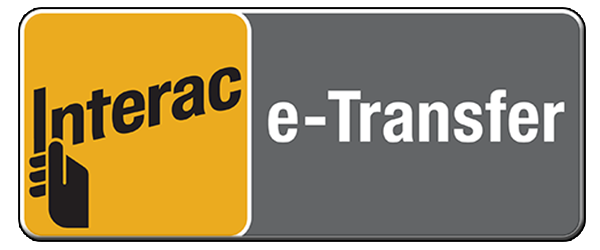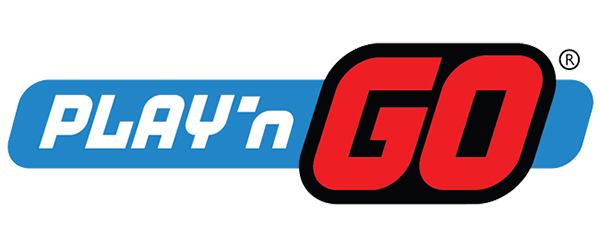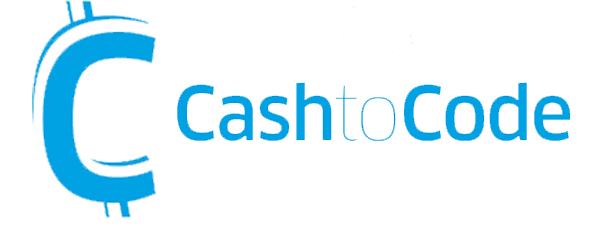Gambling Tax in Canada

Everything You Need to Know About Gambling Tax in Canada
If you have been gambling in Canada for any amount of time, the question of whether or not you should be paying tax on your winnings has undoubtedly crossed your mind. Unfortunately, there is plenty of conflicting information out there when trying to research it yourself, making it a frustrating experience to find an answer to whether you should be paying gambling tax in Canada.
You will find the answers you have been searching for in this article, as well as where the laws originated from and real-life cases that helped shape the law into what it is today, which should help you gain as much clarity as possible on the situation.
You will learn what legally constitutes a taxable earning when it comes to gambling, as well as what is considered a professional bettor or a gambling business in the eyes of Canadian law.
Do I Need to Pay Tax on My Winnings Is Canada?
In accordance with section 40 of the Canadian Income Tax Act, there is no need to pay any gambling tax in Canada on your winnings, whether that be from online or brick-and-mortar casinos. Nor is there any need to pay any taxes on winnings from lottery tickets or betting activities.
The law dictating that a gambler’s winnings are not to be taxed originates from a time before Canada even existed. Paragraph 40-2-f derives from a British Common Law that believed it was unfair to tax winnings from betting due to it not being a source of sustainable income.
However, this does mean that if you consider yourself a professional bettor, in other words, you run your gambling as a sort of business, or if gambling is your only source of income, it will be taxable. However, the positive side of this is that you will also be able to claim losses back on your tax returns.
Another noteworthy point is that if you visit our southern neighbours and partake in some gambling while there, you will have to abide by US laws and potentially pay a 30% tax on your winnings. However, this cloud also has a silver lining, as you can claim your losses on your tax returns once you return home.
What Constitutes as a Pro Gambler?
This is a question that even the Canadian government struggles to answer when discussing gambling tax in Canada.
There has only been one instance of the government considering gambling winnings as taxable. In the case of Luprypa v. The Queen in the 1990s, Luprypa would practice playing pool for many hours every day during the week.
On weekends, he would challenge drunken bar attendees to wagered pool games. It was noted that he was averaging around $1000 a week doing this. However, the courts determined that his income was taxable as it was not due to chance or luck-based winnings. Instead, his skill produced his income, which meant his gambling was closer to a business than luck-based winnings.
Meeting Legal Elements Surrounding Gambling Tax in Canada
The second case that helped shape the taxable income laws surrounding gambling winnings was Leblanc v. Canada in 2006, where two brothers won an average of $650,000 per year from 1996-1999 at sports lotteries in Ontario and Quebec.
The two brothers essentially compared the Canadian provincial lottery odds to the odds in Las Vegas. When there was enough of a discrepancy between the two, the brothers placed bets. They even went as far as hiring 15 employees to buy as many tickets as possible, helping to boost their potential winnings while their strategy was red-hot.
Furthermore, the brothers developed computer software to calculate what to bet on and how much to bet. In this case, it was found that what constitutes “Skill,” as defined by the previously mentioned case, was insufficient to charge tax on the brother’s winnings.
So, to simplify all the legal stuff surrounding gambling tax in Canada, your winnings must meet three legal elements to be considered business income and therefore be taxed:
- Risk assessment and minimization
- Reliance on inside information or knowledge
- Skill as defined by Luprypa v. The Queen
If you are still unsure or worried, it is advisable to seek legal counsel from a lawyer, as this article is not meant to be legal advice. Rather it is intended to be a torch to help shine a light in the dark and complicated corridor surrounding this situation.
Summary of a Professional Gambler
Spending a lot of time in casinos and winning a substantial amount of money is not enough for the Canadian government to consider you a professional gambler.
However, what would make you become classified as a professional gambler in the eyes of the government is if you run your gambling operation as a business or if you used skills that you have garnered over a period of time. Furthermore, you would have to apply your expertise or skills in a systematic way to consistently and reliably make a profit. This is easier said than done when it comes to gambling, as casinos and other institutions that rely on games of chance to turn a profit make an effort to dissuade players from being able to rig the system in their favour.
The expertise and skill requirement is exactly why pool and poker players are considered professional over punters who place sports bets and play games of chance such as roulette, slots and other popular casino games.
Lastly, and possibly most importantly, the Canadian government will take into consideration if you have any other sources of income. For example, if you do not have a full-time or part-time job or some kind of second form of income, you will more than likely be considered a professional gambler, as your gambling is your only source of income.
Summary of a Casual Gambler
Casual gamblers run a very wide spectrum, from casual online slot players and sports betters to compulsive gamblers who live to gamble. The critical distinction being they do not make a living from gambling. This does have its own pros and cons. No, you do not have to pay taxes on any winnings. However, the downside is you cannot claim any losses from your taxes, as you could have if you were a professional gambler.
The fortunate or unfortunate truth, depending on which side of the fence you sit on, is that the Canadian government is very reluctant to declare gamblers as professionals regardless of how much they have won. This is unless it is a clear-cut case for them to prosecute. This means that very few people are made to pay taxes on their winnings.
Is Taxation Different for Online & Offline Gambling?
Canadian law does not distinguish between online and land-based gambling winning. This means you do not have to pay for winnings regardless if they were achieved by online slots, sports betting or beating the roulette table at your favourite brick-and-mortar casino.
There is one form of online gambling that does occasionally qualify for taxes. That is online poker. This is because the skill element in poker is considered significant enough for people to make a living from poker in comparison to other forms of gambling, be it online or not.
Do the Laws Differ by Region, City or Province?
It is true that gambling laws differ for both online and offline gambling from province to province. However, these laws do align on things such as the minimum gambling age in Canada or how online or land-based casinos are operated.
As discussed before, the question is boiled down to the usual three elements.
- Is gambling done in a systematic, skillful way, or does it requires expertise or insider knowledge?
- Is the income generated from gambling the only source of income for the punter?
- Is the gambling operation run in a business capacity?
If the answer is yes to all three of the above-mentioned requirements, then you will have to pay taxes on your winnings regardless of which region, city or province you live in or have won in.
How Much Do I Need to Pay if I Am Running a Gambling Business?
Suppose you are required to pay some taxes on your winnings as a professional gambler. In that case, you may be relieved to find out that you will be taxed the same as any other Canadian earning a regular income from a regular 9 – 5 job. The gambling tax in Canada can be defined by the following percentages:
- 15% tax is payable if your income is between $0 – $50,197
- 20.5% tax is payable if your income is between $50,197 – $100,392
- 26% tax is payable if your income is between $100,392 – $155,625
- 29% tax is payable if your income is between $155,625 – $221,708
- 33% tax is payable if your income is over $221,708
What if I Win Outside of Canada?
If you are a Canadian citizen that is visiting the United States Of America and happen to make some fortunate winnings whilst there, it is vitally important to understand the laws around taxes.
The reasoning for this is that the laws around those taxes are set by the country you have chosen to visit. As discussed earlier, you will be charged a 30% tax automatically when checking out your winnings at a US-based casino.
The 30% tax is because the USA and Canada have a special tax treaty that allows the IRS to tax Canadians who have won money whilst gambling in the land of the Red, White and Blue. The bonus to this is even if you aren’t a professional gambler, you can claim gambling losses suffered whilst in the US.
However, this is only true if you can prove your losses, so the more you can prove you lost, the more you can claim back. You will have to apply for a US tax number, after which you will then need to complete the necessary forms to reclaim your lost money.
What if I Am a Foreign National Visiting Canada?
Since Canada does not have a clearly defined legal framework for gambling, foreign nationals will not be taxed on any winnings that they might have while gambling in Canada. It is, however, wise to consult your home country’s laws regarding gambling and any profits that you might have from this while travelling abroad. It is unlikely that this would be a problem as the Canadian government does not tend to keep track of any gambling winnings but declaring your wins might be required when returning home.
Conclusion
The main takeaway is that no matter how often or big your winnings are in gambling, you are more than likely not required to pay gambling tax in Canada. So, this is not a question of how much or how often you win at gambling. Rather, it is a question of whether you are a professional gambler creating a significant living from your gambling activities as your only source of income, alongside using your skill, risk assessment, and minimization, as well as using inside knowledge or information to generate a profit.
For example, Lottery winners regularly win tens of millions of Dollars. Yet, they are not required to pay any tax on those winnings. However, players that are considered professional poker players are required to pay their way in taxes on their winnings.
Finally, it’s worth mentioning that the laws remain the same regardless of if you are playing at an online casino or a brick-and-mortar casino. The same goes for betting from a mobile app or the racetrack. In summary, the majority of casino players don’t need to think about gambling tax in Canada, but it’s always helpful to have this knowledge in the back of your mind.
Disclaimer
This article is only meant to be a guide to help you understand the complicated laws around Canadian gambling. If you are seeking true blue legal advice, it is recommended that you seek out a lawyer or an accountant. This article does not constitute legal advice. It is merely a helping hand in the quest to understand your rights around taxes and your winnings, be they from gambling, lottery or betting.
Play Now!
Share Your Thoughts
Other Guides

17 January, 2023
Gambling Tax in Canada
Everything You Need to Know About Gambling Tax in Canada If you have been gambling in Canada for any amount of time, the question of whether or not you should be paying tax on your winnings has undoubtedly crossed your mind. Unfortunately, there is plenty of conflicting information out there when trying to research it […]
Read More
17 January, 2023
Understanding Gambling Legislation in Canada
Canada has a long and very complex history when it comes to gambling. As long before John Cabot’s first journey to Canada in 1497, natives were believed to play gambling games with sticks as wagers. Fast forward to today, where it is both illegal and legal to gamble or own a gambling establishment in Canada. […]
Read More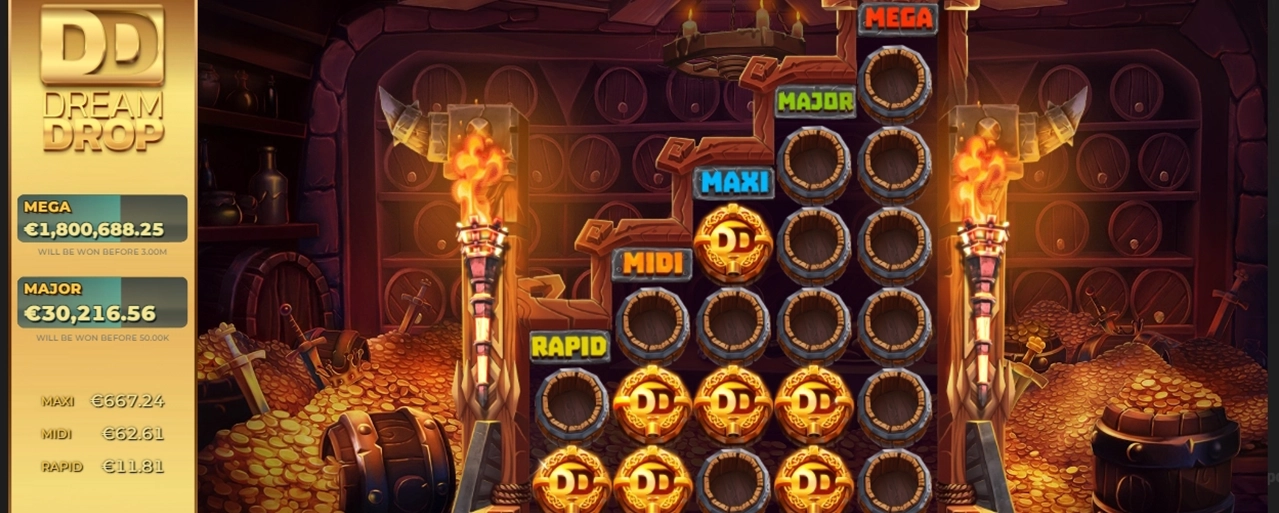
17 January, 2023
What Is the Legal Gambling Age in Canada?
As with most legal questions, the question of how old someone is legally required to be to gamble in Canada does not have a straight black-and-white answer. Instead, it is dependent on a few factors, such as where in Canada you live or where in Canada you are planning to take part in some gambling […]
Read More





















